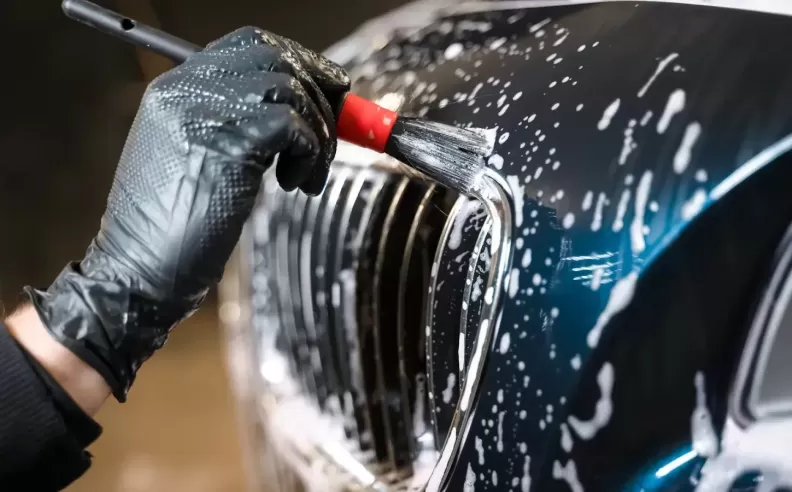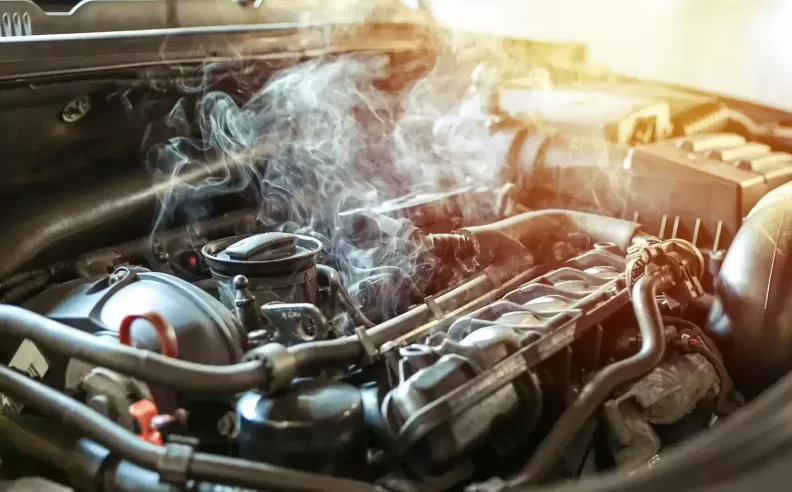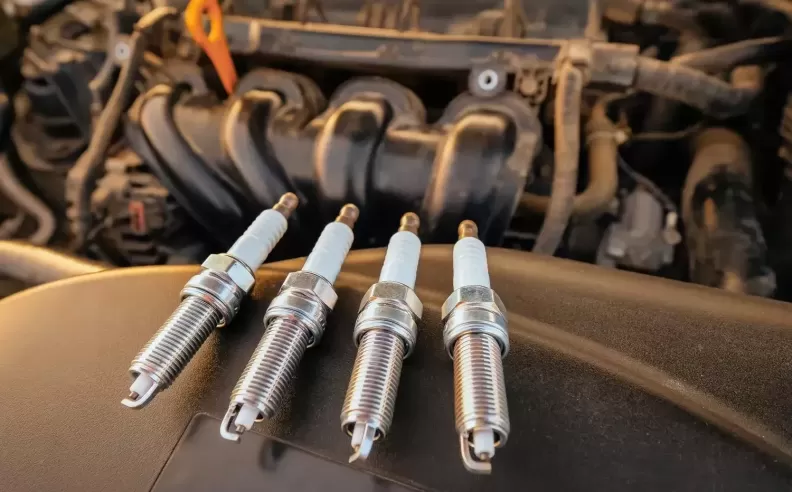
Choosing the right spark plugs can make a noticeable difference in your engine’s performance and reliability. Two of the top contenders today are iridium and platinum spark plugs, both made with precious metals to boost durability and efficiency. While older plugs relied on nickel or iron, modern engines now often use these advanced options for longer life and better fuel combustion. But which one is best for your car? Here’s a side by side look at their key features, advantages, and disadvantages.
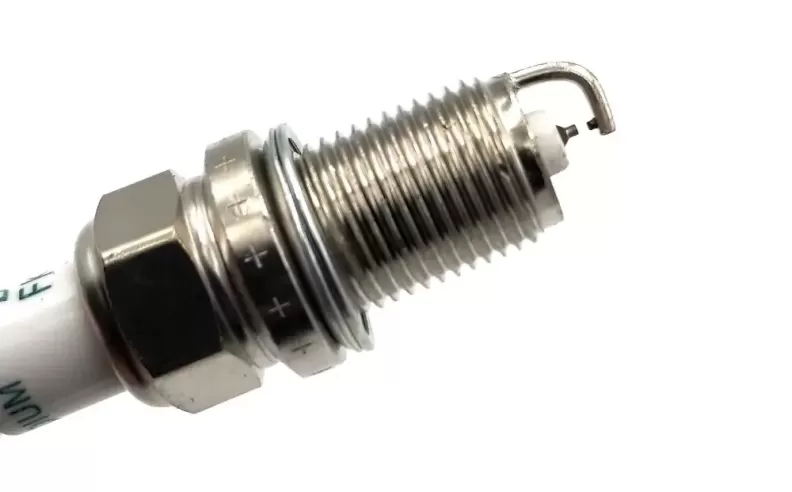
Iridium spark plugs are made with a very tough and heat resistant metal. These plugs are built to last, often staying effective for 50000 to 80000 kilometers before needing replacement. Their melting point is impressively high at around 2400 degrees Celsius, which means they keep working well even under extreme engine temperatures.
Main advantages of iridium spark plugs include:
However, there are some drawbacks to consider:
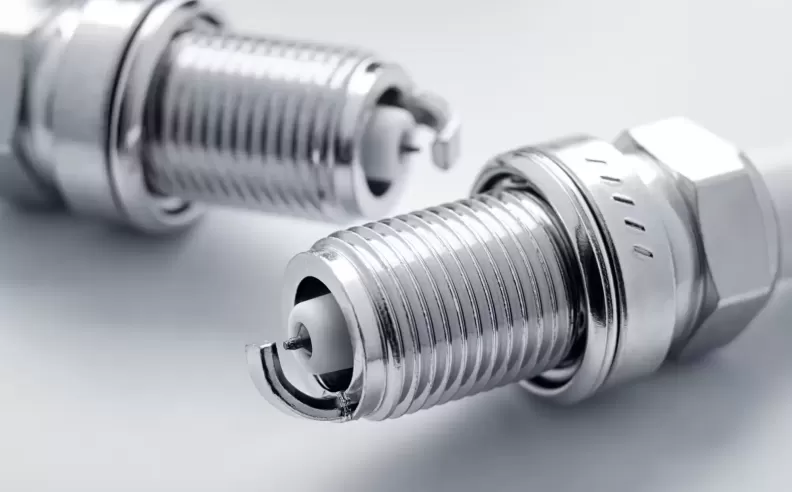
Like iridium, platinum spark plugs use a premium metal that boosts both performance and lifespan. These plugs often last up to 160000 kilometers and can handle temperatures up to 1760 degrees Celsius.
Key benefits of platinum spark plugs include:
But, platinum plugs also have their downsides:
Like iridium, platinum spark plugs use a premium metal that boosts both performance and lifespan. These plugs often last up to 160000 kilometers and can handle temperatures up to 1760 degrees Celsius.
Key benefits of platinum spark plugs include:
But, platinum plugs also have their downsides:

Started my career in Automotive Journalism in 2015. Even though I'm a pharmacist, hanging around cars all the time has created a passion for the automotive industry since day 1.
